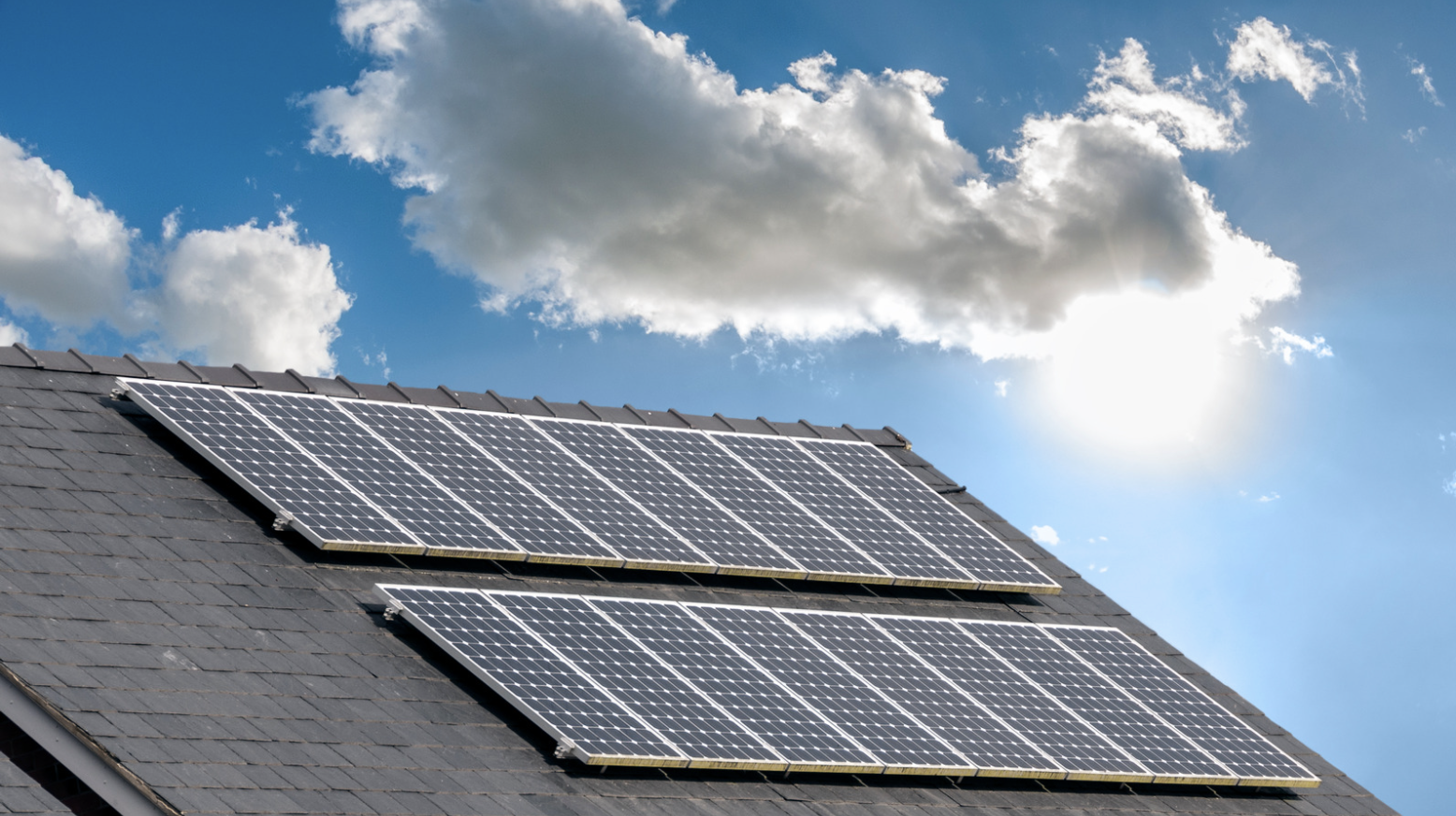Charleston, S.C. — South Carolina’s Public Service Commission voted this week to deny Duke Energy’s petition to reconsider its application for a solar program that was expected to save South Carolinians $18 million.
“This is an incredibly disappointing decision that runs counter to the public interest. Utilities, solar advocates and conservation groups all agree that Duke’s proposed solar program will make South Carolina’s energy grid cleaner and more affordable. Killing this initiative directly conflicts with the Legislature’s 2019 Energy Freedom Act, which established the importance of providing customers with choices for lowering their electric bills and reducing peak electrical demand,” said Kate Mixson of the Southern Environmental Law Center. “This is a program that would help families in South Carolina lower their monthly electric bill when so many are already choosing between keeping the lights on and their other essential needs.”
On behalf of South Carolina Coastal Conservation League, Southern Alliance for Clean Energy, Upstate Forever, Vote Solar, and the NC Sustainable Energy Association, the Southern Environmental Law Center supported Duke’s request for reconsideration of its application for a program called “Smart $aver Solar as Energy Efficiency.” The Solar Energy Industries Association also filed a petition for clarification in support of reconsideration.
“Smart Saver would help customers access solar to lower their energy bills in a way that makes the whole grid more efficient. With today’s high and volatile fossil fuel prices, this is exactly the wrong time for the commission to reject customer-based solar energy,” said Eddy Moore of South Carolina Coastal Conservation League.
The Smart Saver program would provide rebates to customers who combine the benefits of solar energy with smart thermostats. The Smart Saver program would provide rebates to customers who combine the benefits of solar energy with smart thermostats. By helping the utility company reduce power demand during expensive peak periods, this program would not just reduce solar customers’ own electricity bills, but also reduce costs for non-solar customers.
“By denying Duke’s application for its Smart Saver program, the PSC is making it much more costly for customers who want to go solar. Those costs threaten the entire solar market in South Carolina,” said Bryan Jacob of Southern Alliance for Clean Energy. “If customers can’t afford to go solar, they won’t.”
Duke’s conservative estimate was that its solar program would have generated approximately $18 million in net savings for all of its customers. Even better, the utility would have to show it had generated savings for South Carolinians before it could collect any costs itself. The program is a true win-win: because rooftop solar reduces demand for utility-generated power, the entire grid is cleaner and more efficient as a result — even for customers who don’t have solar power at their homes.
“Rooftop solar contributes to a resilient grid that reduces peak electricity demand and keeps the lights on for Carolina families. This was an opportunity to make meaningful progress in scaling up clean energy and strengthening our grid. It’s discouraging to see the PSC move us backward instead of forward,” said Lindsey Hallock of Vote Solar.
South Carolina has just over two-thirds of the solar jobs than its neighbor Georgia, and less than half the number that North Carolina has. The industry is one of the fastest-growing in the nation, but without a program that helps residents go solar, the state will lose both solar customers and solar jobs. That has consequences for South Carolina’s entire economy.
“This decision from PSC will have a chilling effect on South Carolina’s vibrant rooftop solar market,” said Will Giese of the Solar Energy Industries Association. “The innovative Solar Choice docket and MOU between Duke and clean energy advocates and conservation organizations would serve as a pathway to providing greater value to consumers and more resiliency for grid operators. After today, however, rooftop solar installers have few — if any — viable options to install clean energy in Duke’s South Carolina territory.”
Because clean energy resources like rooftop solar reduce the need to generate electricity, they help all customers avoid paying for expensive, unnecessary power plants in the decades to come — and reap lower monthly electric bills in the meantime. That’s especially critical in the South, where households pay some of the highest monthly electric bills in the country.
“It’s critical that programs exist for customers who can’t afford to install rooftop solar up front,” said Peter Ledford of North Carolina Sustainable Energy Association. “This is especially important when that solar investment is an energy efficient choice that benefits the entire grid and produces net savings for all other ratepayers.”
Upstate Forever’s Megan Chase added: “We are at an inflection point. South Carolina can move forward and embrace the job creation, cleaner environment, and steady or even falling prices that come with clean energy. Or we can fall behind, losing clean energy jobs and investments the state has worked hard to develop. Watching the PSC backtrack on solar doesn’t bode well for South Carolina.”
###
The Southern Environmental Law Center is one of the nation’s most powerful defenders of the environment, rooted in the South. With a long track record, SELC takes on the toughest environmental challenges in court, in government, and in our communities to protect our region’s air, water, climate, wildlife, lands, and people. Nonprofit and nonpartisan, the organization has a staff of 170, including 90 attorneys, and is headquartered in Charlottesville, Va., with offices in Asheville, Atlanta, Birmingham, Chapel Hill, Charleston, Nashville, Richmond, and Washington, D.C. southernenvironment.org


